For many a wine drinker, the term ‘Natural Wine’ is an expression which carries an air of mystery. It’s a name that quickly becomes confused when other terminology comes into play, such as organic or biodynamic. Verbalising the difference between natural and ‘regular’ winemaking can be difficult to explain, especially when there are plenty of winemakers who frequently make wines adhering to the natural wine criteria but don’t claim the title.
But what exactly is natural wine? To keep it brief and concise, I’ve taken words directly from the website of MW, Isabelle Legeron, a world leader on natural wines: ‘While currently not regulated by an official definition, natural wines are made from sustainably farmed, organic (or biodynamic) grapes, with nothing removed or added during winemaking, bar at most a dash of sulfites.’
So yes, technically you can take organically grown grapes, and then make additions during the winemaking process. But at that point, why undo all your hard work from the rest of the year?
I consider myself to be an open-minded soul, especially on the subject of natural versus commercial (or ‘regular’ for the want of a better word) winemaking. Engaging a holistic approach, I like to think that both have their place in the industry. I carry a core (hopefully not naïve) belief that organic and biodynamic techniques are helping the bigger, commercial wineries to reconsider their own practices and make changes for the better.
With so few natural wines being made in the UK (or declared at least), it was my pleasure to be invited to Terlingham Vineyard to get up close and personal with a British natural wine brand, and find out why they made the change to making natural wine in 2015.
Graham and Lorna Wilks purchased the vineyard and farmhouse in 2011. Not long after, their family started to grow with the arrival of grandchildren. Creating an environment where all the family could visit freely without sparing a thought to whether it was a vineyard ‘spray day’ or not, was instrumental in going organic.
It was such an effective change in fact, that two of their daughters, Jackie and Caroline, were lured into giving up their high-powered city jobs to help out with the family business. These two dynamic ladies have now become the driving force behind Terlingham whilst mum, Lorna, works in the vineyard. The business has now been diversified so that events and tastings make up half of the business.
At Terlingham, Lorna Wilks spends 3-4 hours a day lovingly tending to her vines by hand on a daily basis. No pesticides or fertilisers are sprayed, preferring to spot-treat the vines with herbal remedies such as seaweed, and removing unwanted insects by hand. Throughout the rows, grass and weeds are permitted to grow which adds nitrogen to the soil, vital for vegetation, when they die.
Winemaking is currently handled by Kobus Louw. No artificial yeasts are used, only those naturally occurring on the berries. No sugar is added and no fining is used, meaning all their wines are vegan-friendly. For those who don’t know, fining is a process where products such as gelatine or egg whites are used to aid the precipitation of undesired grape particles to the bottom of the tank before drawing off the liquid.
Jackie was excited to tell me that they noticed a healthy increase in the surrounding wildlife: “The woodlands and hedgerows are now buzzing with life, and I can confidently bring my children down here at any time.”
But the Wilks family haven’t stopped there. No machinery is used in the vineyard, and even the riddling and disgorging of their 5000+ bottles is done by hand. They have upgraded the labels on the bottle to sustainable paper, abandoning the foil bottle tops which couldn’t be recycled, and they are investigating non-toxic glue for sticking the paper to the bottles.
Next, onto my big question for the Terlingham sisters: what do you say to the natural wine sceptics?
Despite many fine examples of natural wine now furnishing shelves globally, scepticism surrounding natural wines has fuelled many a heated debate. One of the biggest criticisms of natural wines is attributed to wine faults. Without getting too bogged down on the subject, ‘regular’ winemaking often allows for much higher amounts of preservatives, i.e. sulphur. This reduces the multitude of effects that oxygen can have on a wine, plus the finished product is usually crystal clear thanks to the use of fining agents and filtering.
Their answer is, “just give it a try and see for yourself”. Honesty and feedback is encouraged at Terlingham, as most importantly they want their customers to enjoy the wines. They find that selling a niche product gives them an easy marketing angle. As well as attracting vegans and environmentalists, their customers are open-minded and more than happy to be educated on the subject.
A tour at the winery is a quintessentially British experience. Set in the rolling hills of the Garden of England, a tour begins at their cellar door where you will be taught all about the traditional method of making sparkling wine, and see how they riddle and disgorge by hand. Next, you’ll be led to the picturesque vineyards overlooking the sea. Here you can learn all about organic grape growing before having a tasting in their marquee, complete with a cheese board, tea AND cake! By the end of all that you’ll be feeling completely relaxed and perhaps even a little lethargic. If only there’d been a hammock or a deck chair, I could have quietly sipped wine all afternoon, listening to crickets, watching the birds and insects buzz around, with not a care in the world.
Instead, I settled for taking a mosey around the artsy town of Folkestone. A stroll up the colourful old High Street was followed by a wander along the pier to the lighthouse which contains a small bar serving Terlingham’s own fizz to be enjoyed with oysters.
For Londoners, take the fast train from St Pancras to Folkestone Central then take an 8 minute taxi ride out to the vineyard.
- Four Acres
- By Appointment
Terlingham Sparkling Pink 2012
GRAPES: Chardonnay, Pinot Noir & Pinot Meunier
Unintentionally, this wine was matched with a generous slice of lemon drizzle cake. Looking back at my notes, I must admit that I may have been somewhat influenced by this. However, I can say that it was a perfect pairing indeed.
There is a blend of the usual suspects, Chardonnay, plus the two Pinots. This wine is a beautiful rose petal pink with delicate fruit aromas of red berries and strawberry tart.
On the mouth, light vanilla and warm yeast flavours unite with citrusy lemon and orange peel aromas.
Fine, elegant bubbles flirtatiously glide over your tongue, giving rise to the nickname of ‘mummy’s woohoo juice’, coined by the grandchildren.
- Buy from Terlingham Vineyard £23.50
Terlingham Natural Sparkling White 2015
GRAPES: Pinot Noir & Pinot Meunier
Picking up a Bronze award at the IEWA competition, this wine is light and citrusy in character. It exhibits well-integrated autolytic notes of toasted brioche, balanced with crisp green apples and English gooseberries.
Most worthy of note are the beautifully fine foaming bubbles which are equally as refreshing as an early morning dip in the sea. I highly recommend this wine as a first foray into natural sparkling, as John, the founder of GBW, will attest.
At 10% ABV, sip away to your heart's content. Enjoy as an aperitif or pair with light summer canapés and entrées.
- Buy from Terlingham Vineyard £28.50
Terlingham Natural Bacchus Saxon Shore 2017
GRAPES: Bacchus
This is a little different from the racy, zingy and ultra-citrusy odes to Bacchus that I have become accustomed to this summer.
To commence, the nose is delightfully floral. There are notes of spring white blossoms, a light whiff of elderflower and a trace of honeysuckle.
To taste, this Bacchus lends itself to those autolytic notes, typical of traditional method sparkling wines. Hints of biscuity aromas mingle with zesty limes. A long, linear acidity stimulates the palate, leading to a lightly textured and reviving finish.
- Buy from Terlingham Vineyard £17.00

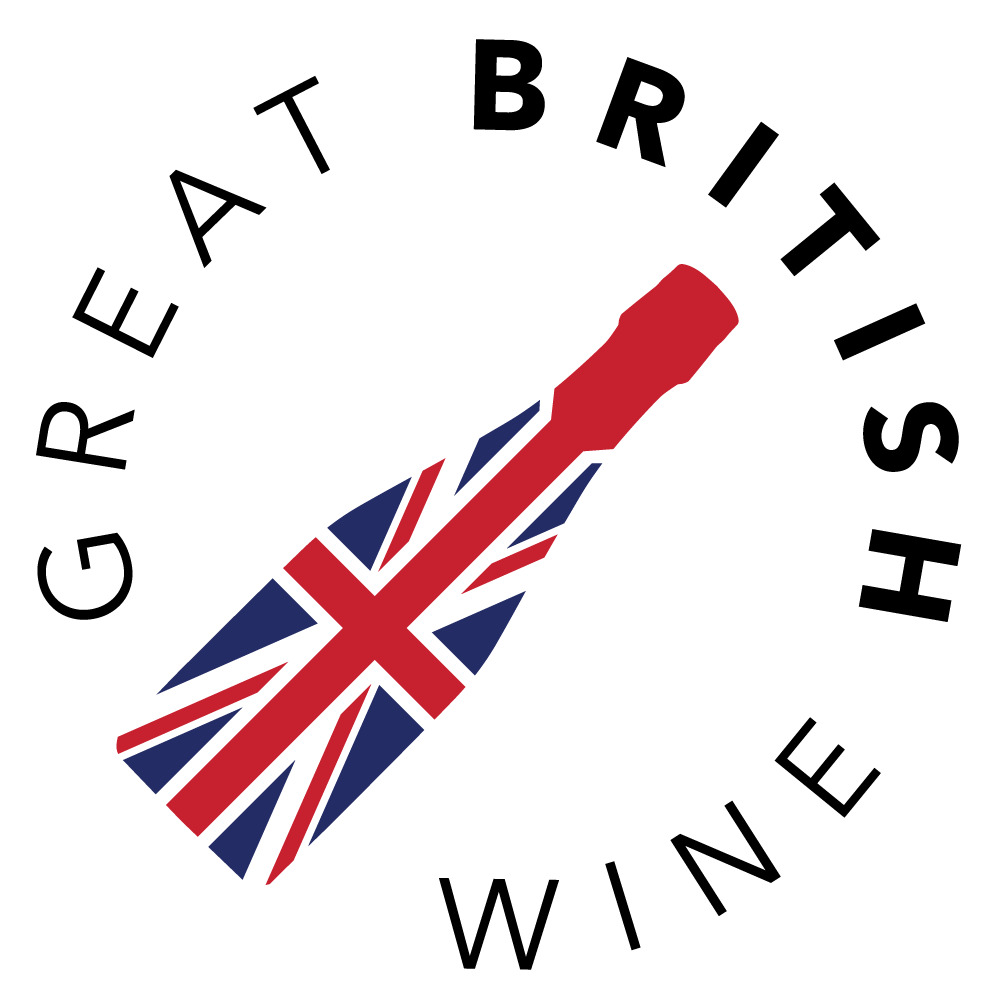

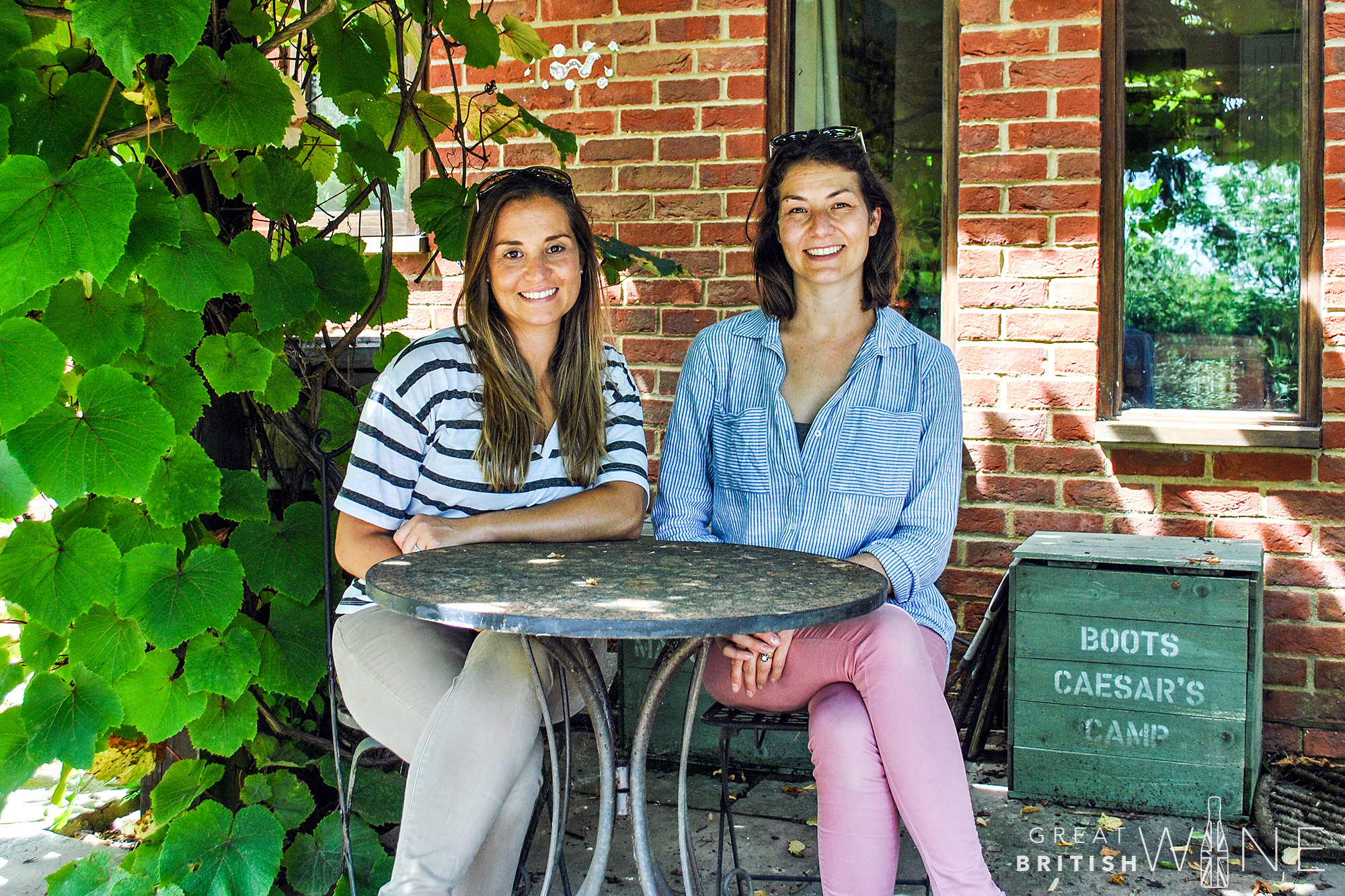
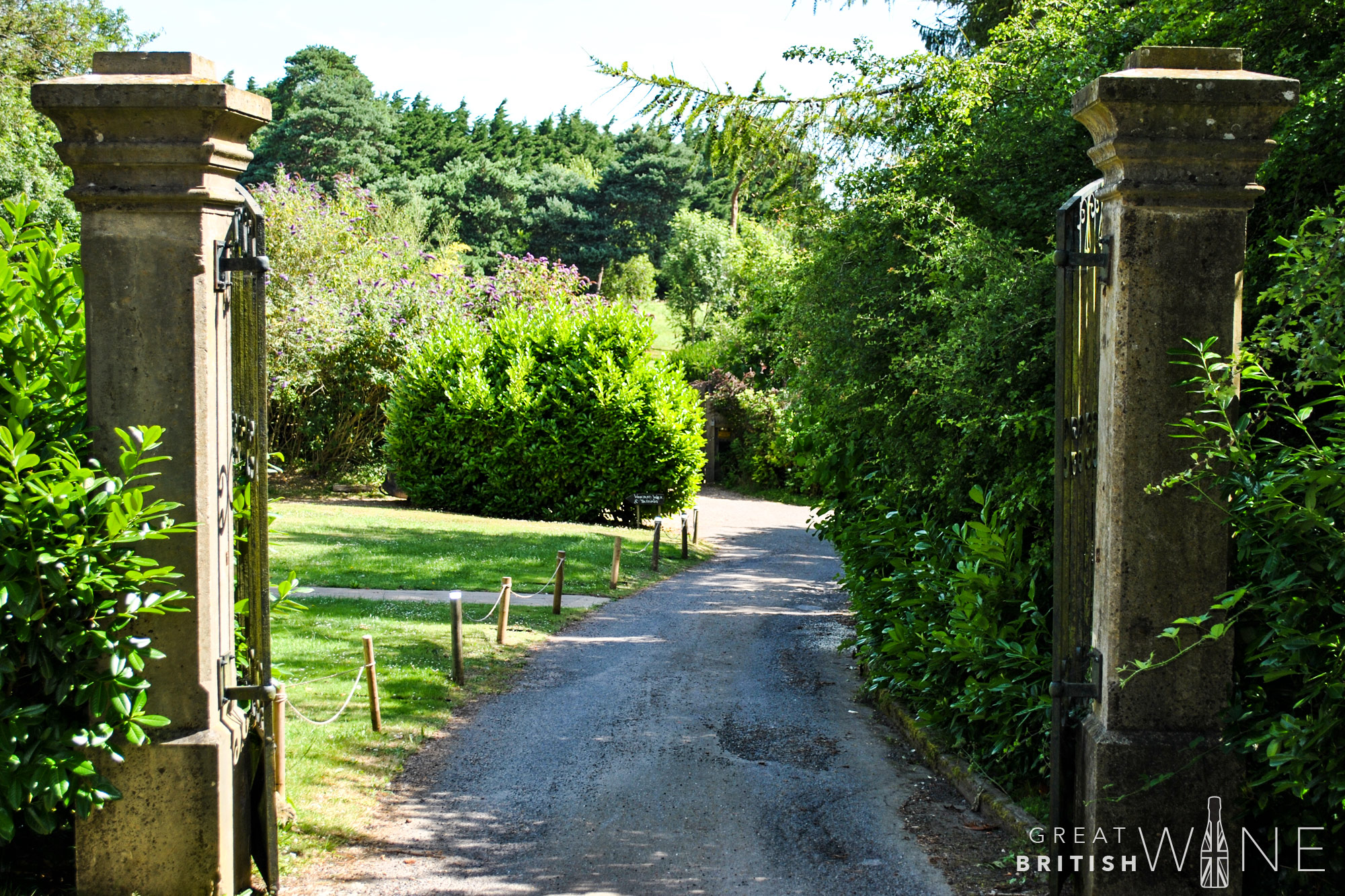
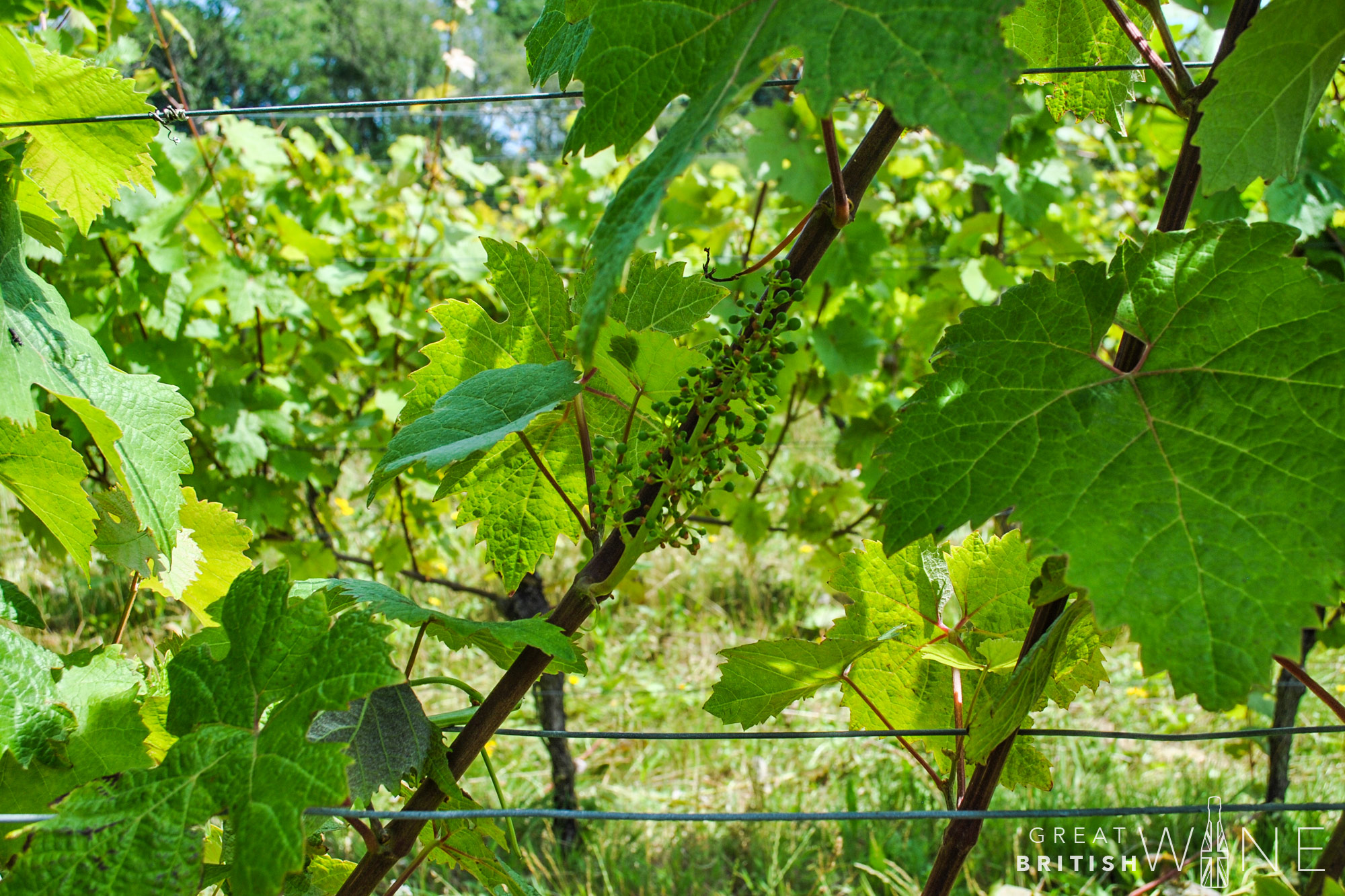
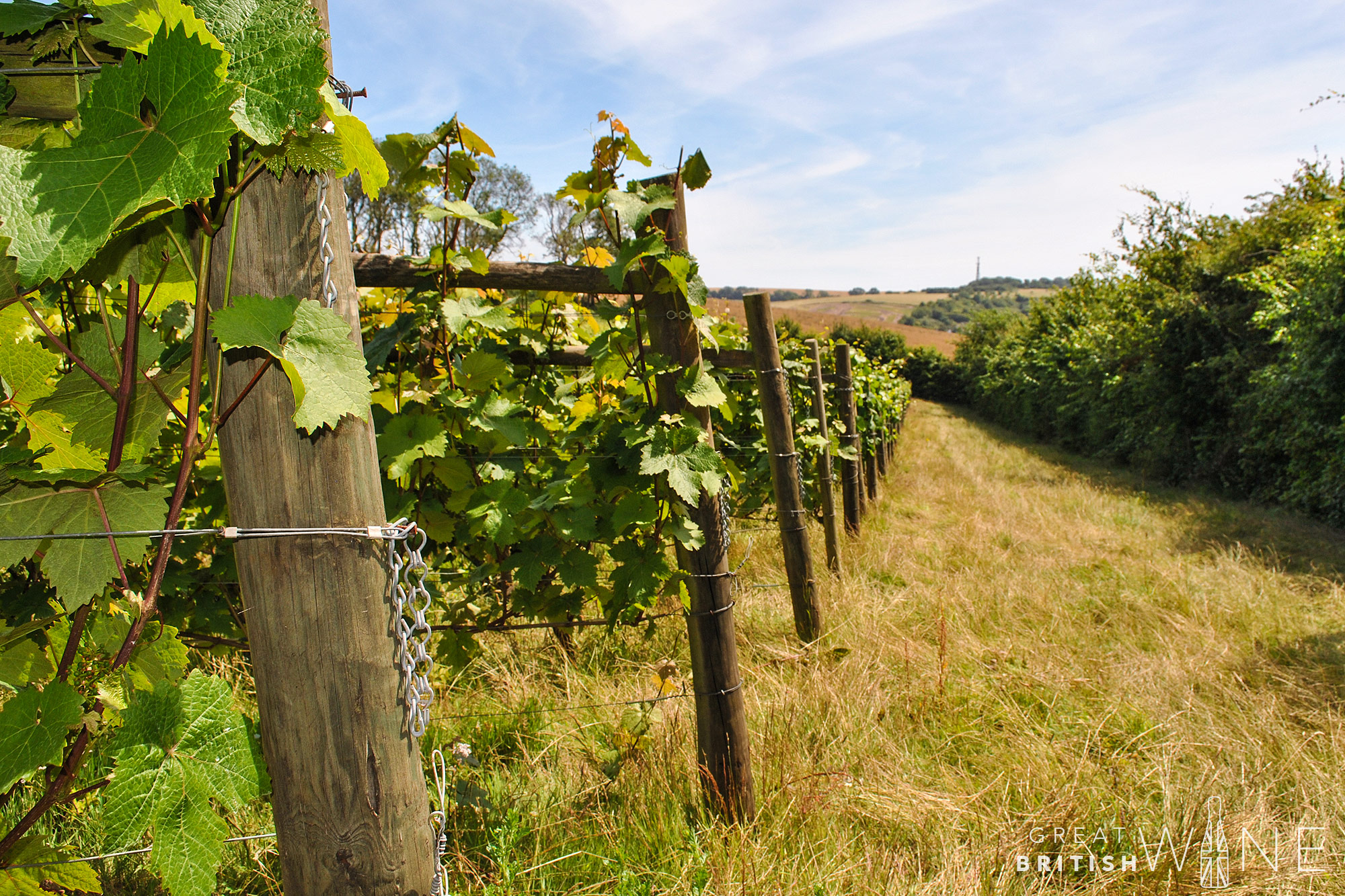
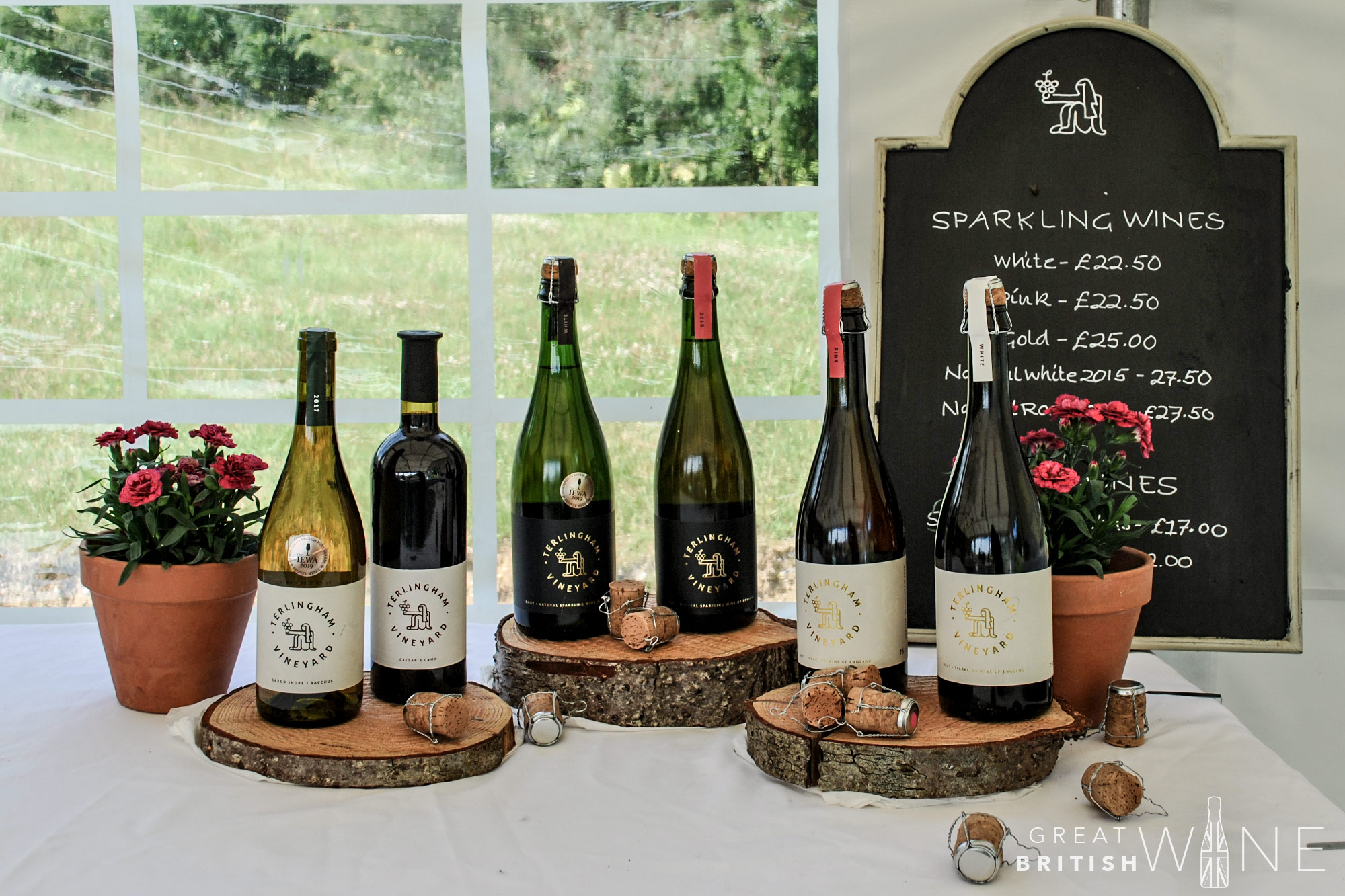

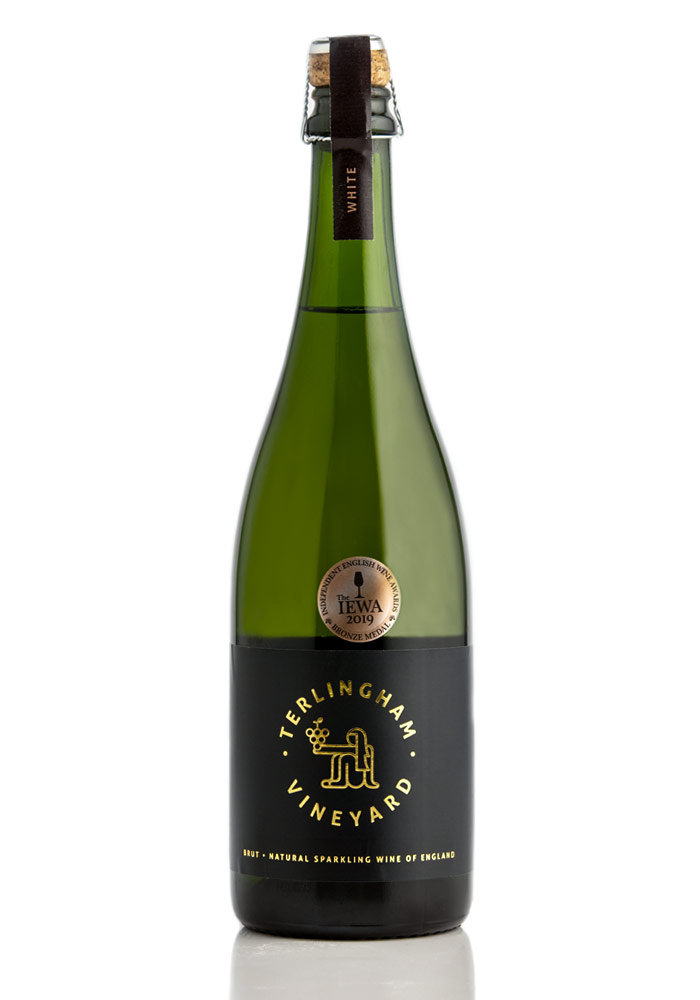
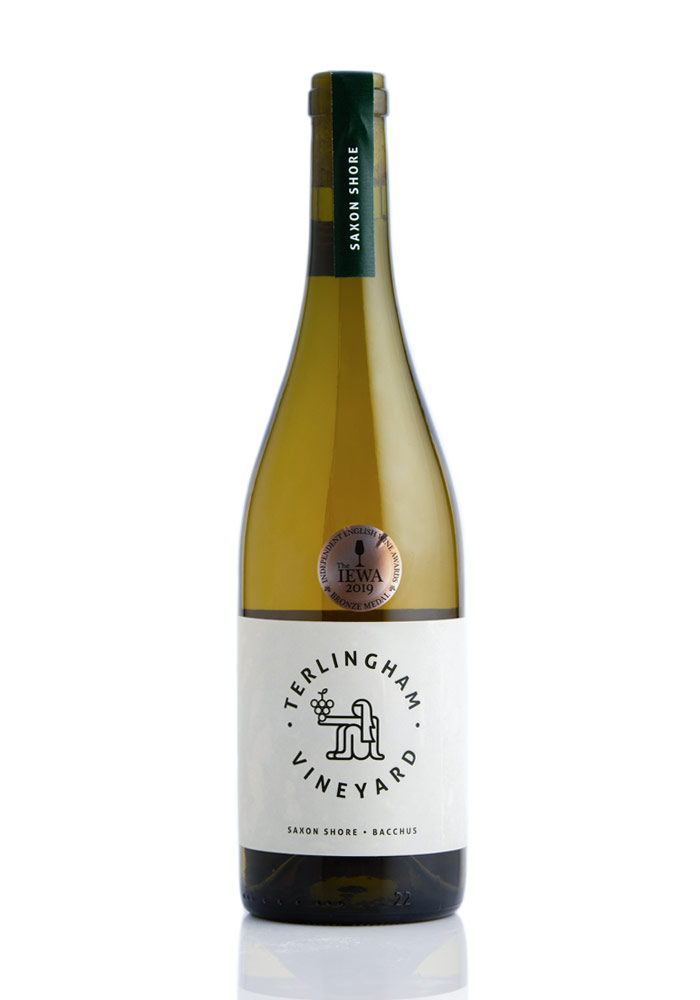
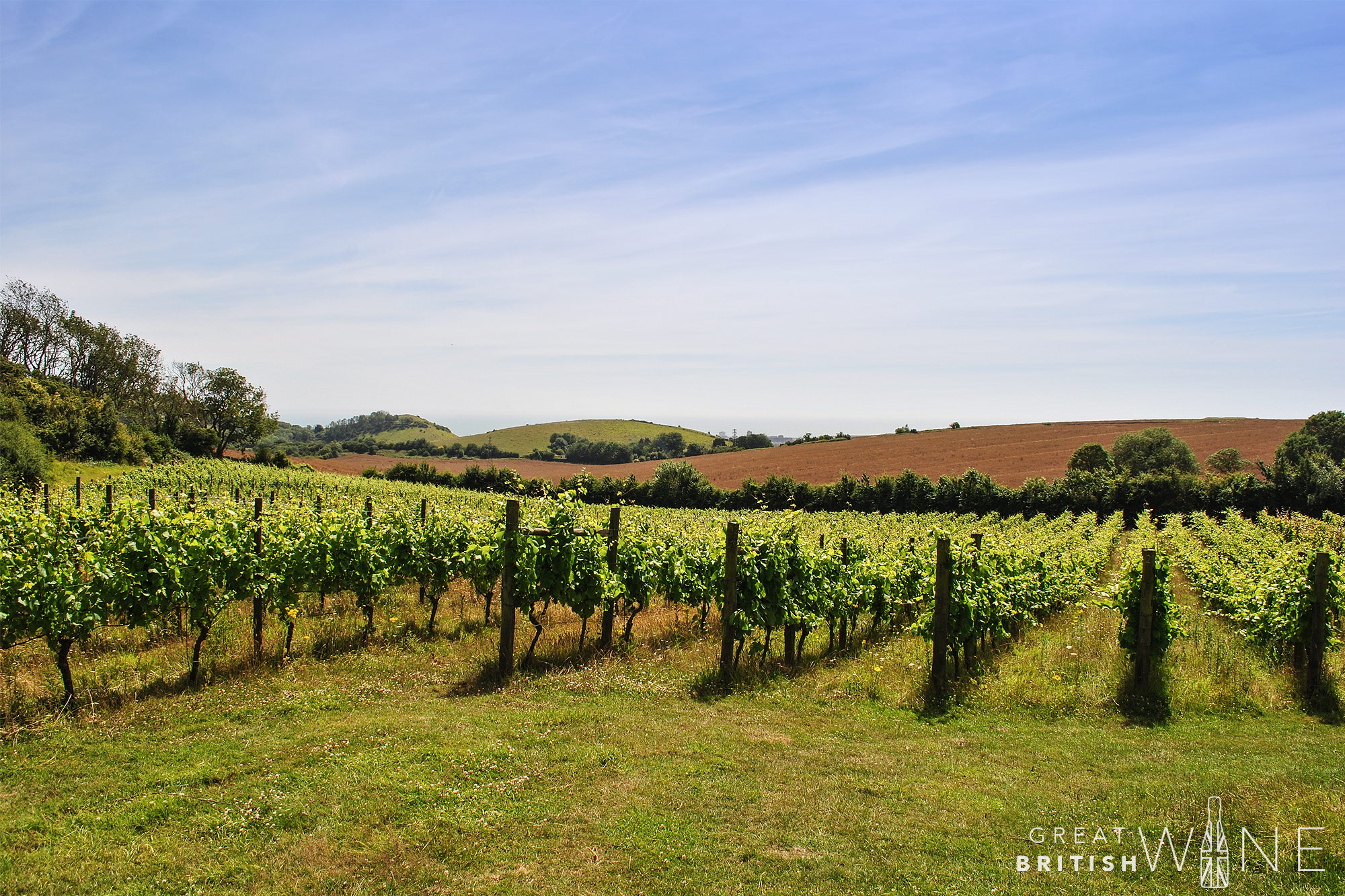

“removing unwanted insects by hand” – that I would love to see? Do they bag them up and take them to Dover? Or kill them?
I hear they bag them up and send them to those who leave the wittiest comment on here… Don’t worry – I think we’re safe Stephen!
#TakeTheStingOut
Brilliantly written article, well done!
Pingback: Five Wine Experiences You Can Enjoy in Kent, England | HDYTI